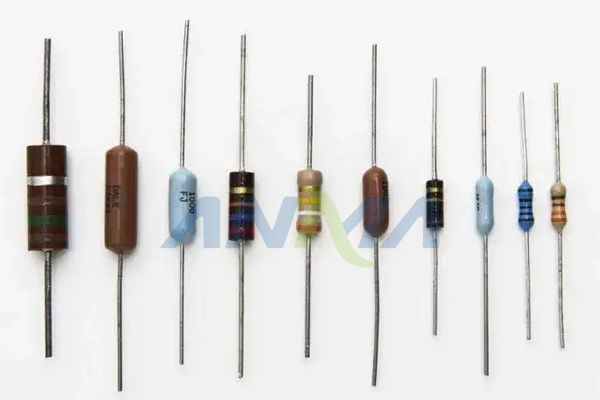 +86 18038161406
+86 18038161406
Basic Concepts and Classification of Resistors
A resistor is a fundamental component in electronic circuits, used to limit the flow of electric current. It can be classified into various types based on different characteristics and application scenarios.

Fixed Resistors:
Fixed resistors have predetermined resistance values during manufacturing and cannot be adjusted or varied. Common brands and models include:
Carbon Film Resistors: Examples include CRCW080510K0FKEA, CRCW08050000Z0EA (Vishay Dale series).
Metal Film Resistors: Examples include RYB10K0000AC00, RYB100K0000AC00 (Omron RYB series).
Variable Resistors:
Variable resistor devices have resistance values that can be adjusted through external means or electrical signals. Common types include:
Potentiometers: Used to adjust voltage or current in a circuit. Examples include single-turn and multi-turn potentiometers.
Rheostats: Used to adjust the output voltage of power supplies.
Specialty Resistors:
Resistor devices with special functions include:
Photoresistors: Resistance varies with light intensity. Commonly used in light-sensitive circuits and optoelectronic sensors.
Thermistors: Resistance varies with temperature. Commonly used in temperature sensors and temperature control applications.
Common Brands and Models:
Vishay: CRCW080510K0FKEA, CRCW08050000Z0EA
Omron: RYB10K0000AC00, RYB100K0000AC00
Murata: RDE5C series, RDE1H series
Bourns: CR0805-JW-101ELF, CR0603-FX-1002ELF
Stackpole Electronics: RMCF0805FT10K0, RMCF0402JT10K0
KOA Speer Electronics: RK73H1ETTP1001F, RK73H2ATTD10R0F
The above information covers the basic concepts, classification, and some common brands and models of resistors. Different types of resistor devices can fulfill various functions in electronic circuits according to specific requirements.








